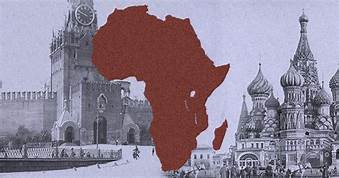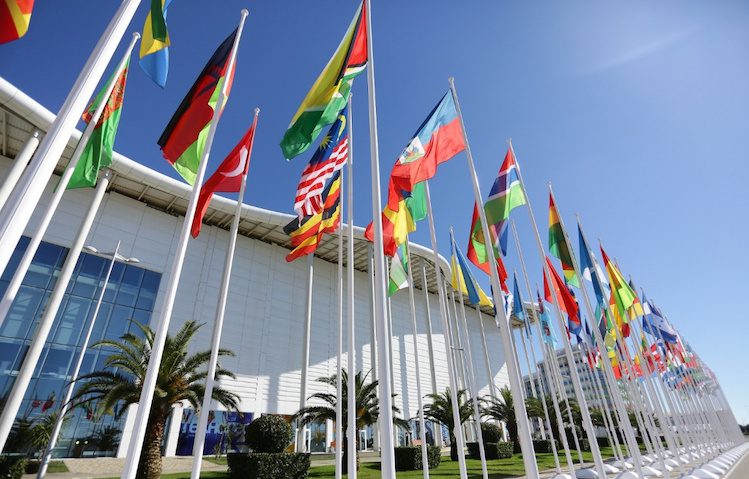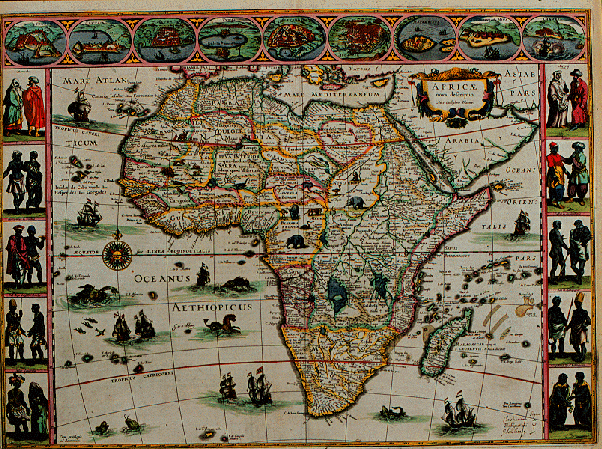Africa’s growing partnership with China and Russia also highlights the continent’s desire for independence from Western powers. African leaders are increasingly unwilling to accept the paternalistic attitudes and often exploitative terms that have defined much of their historical relationship with the West. While the U.S. has traditionally offered aid and humanitarian support, many African countries now prefer a more balanced approach to foreign relations one that offers long-term investment, infrastructure development, and respect for sovereignty.
But aren’t the trade benefits clear? Its growing influence on the global stage is also reflected in its participation in multilateral institutions like the BRICS which hhas become an attractive alternative to Western-dominated institutions like the International Monetary Fund and the World Bank. As more African countries express interest in joining BRICS, this poses a challenge to the United States, which has long used its influence in these global institutions to safeguard its economic and political interests.
This shift towards a multipolar world, where power is more evenly distributed among different global actors, is something that Trump’s administration never fully grasped. His “America First” rhetoric, which often boiled down to isolationism and economic protectionism, failed to recognize the evolving realities of international trade and diplomacy. In Africa, where the desire for self-determination and economic independence is growing, his policies were seen as out of touch with the continent’s aspirations.
Rather than embracing Africa as a partner in the global economy, Trump’s MAGA movement seemed more intent on maintaining a 19th-century expansionist agenda like it has want to capture Canada as US 51st State. Look at his move towards Greenland and Panama too. This vision harkens back to the era of colonization, where Africa was treated as a resource-rich but strategically unimportant region to be exploited for Western gain. In many ways, this mirrors the treatment of places like Gaza, where geopolitical interests often overshadow human rights and the pursuit of peace.
However, despite the setbacks under Trump’s leadership, African nations have continued to forge their own path. Figures like Mahmoud Ali Youssouf, the African Union chairperson, President Bola Ahmed Tinubu (Nigeria’s president and Ecowas chairman) and other African leaders have not succumbed to the pressure of aligning with Washington’s narrow interests. Instead, they have doubled down on pro-African foreign policies that focus on the continent’s long-term development, sovereignty, and mutual respect in international relations.
For the United States, it may be time to reassess its approach to Africa and deal with us appropriately. The days when Africa could be treated as a secondary concern are over. If the U.S. wishes to remain relevant in Africa, it must rethink its foreign policy and offer more than just aid and rhetoric. Africa needs meaningful partnerships that promote sustainable development, respect sovereignty, and address global challenges like climate change and pandemics.
This is not to say that Africa should severe ties with the West entirely. Of course, cooperation with the U.S. and Europe can still be mutually beneficial. But the days of unquestioning dependence on Western powers should be over. As Africa’s relationship with China, Russia, and other emerging economies strengthens, it is clear that the continent’s future will be shaped by its own vision and its ability to navigate a world that is rapidly moving toward multipolarity.
Africa’s diplomatic landscape is changing, and it is clear that the continent is no longer content to be an afterthought in global politics. With its growing economic and political influence, Africa has the opportunity to shape its future on its own terms, without being beholden to the whims of any one power. The challenge now is for African leaders to stay united, continue to prioritize the needs of their people, and engage with the world in ways that ensure lasting prosperity and security.
To surmise, while Trump’s policies may have marginalized Africa, they have inadvertently highlighted the continent’s growing agency in the global arena. Africa is no longer a passive participant in the international system; it is an active player with the power to shape its own future. Whether the U.S. or any other nation likes it or not, Africa’s voice and influence will only continue to grow in the years to come.
Hashim Yussuf Amao writes from Belfast



























